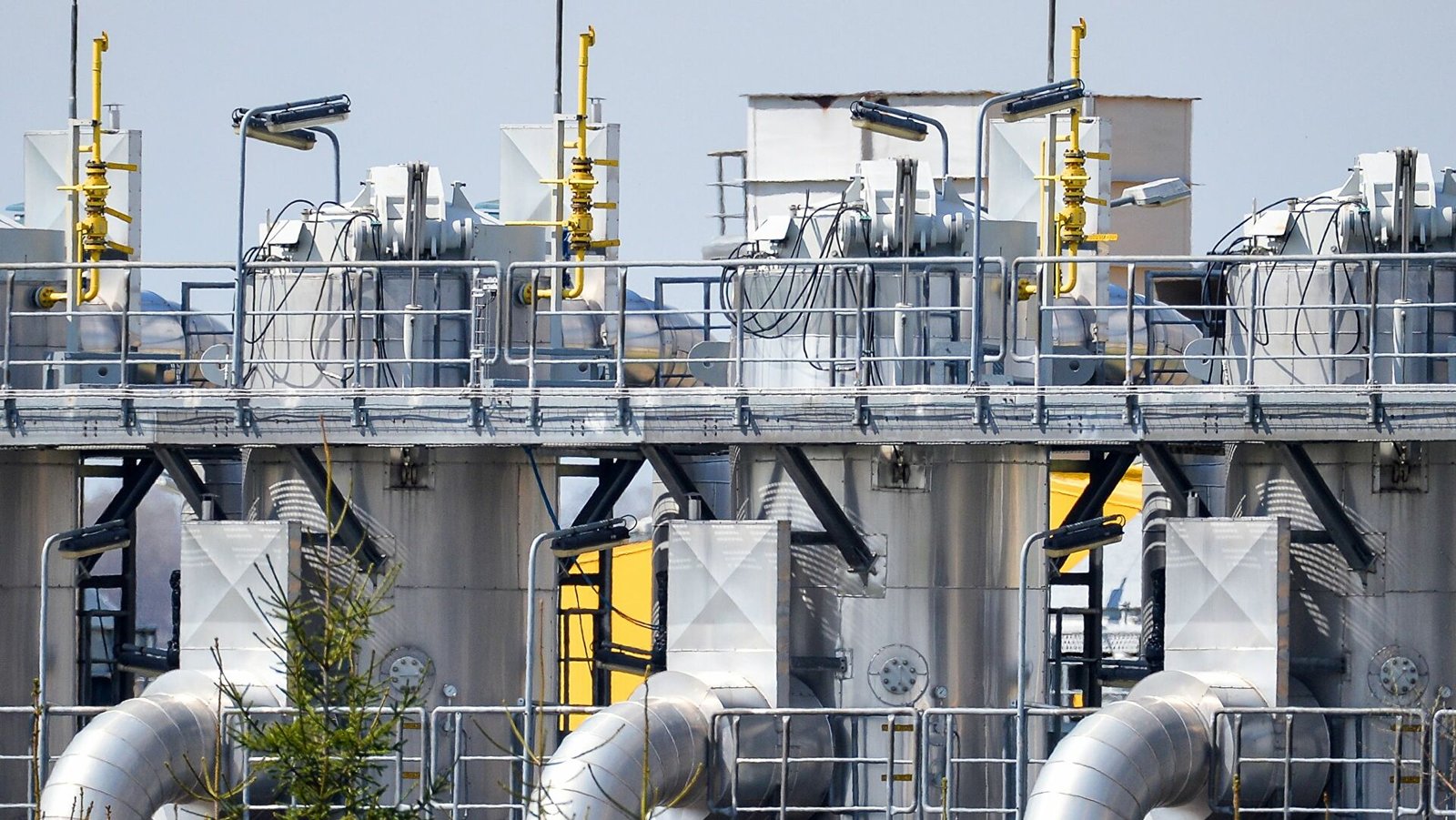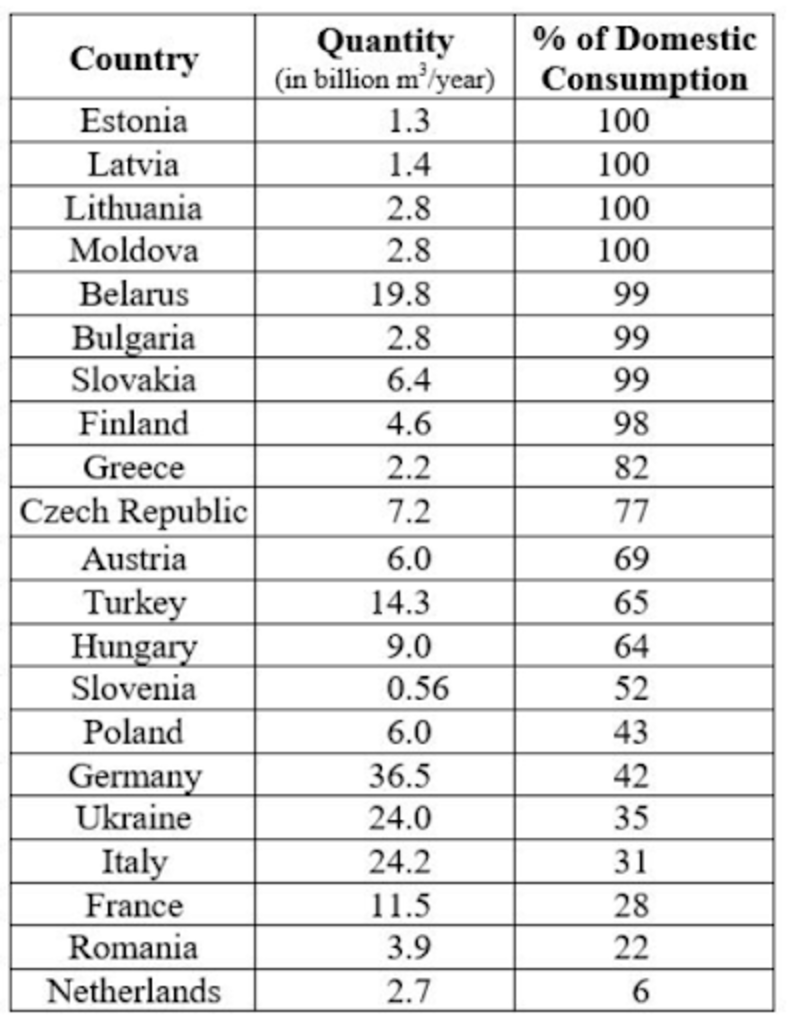HIGHLIGHTS
- The Moscow government announced to stop gas supplies to the west, which means the flow from Russia to Germany has been suspended indefinitely.
- Russia has been the largest gas supplier to Europe, at about 30-40% of the total EU gas imports.
- The current EU energy policy fails to recognize a major risk, which is an increasing EU’s dependence on Russian natural gas resources.
FULL ARTICLE
Russia stopped westbound gas pipeline flows
On March 5, RT news (Russia) announced a notice: “The Yamal-Europe pipeline has stopped all gas supplies to the west. That means the flow from Russia to Germany has been suspended indefinitely.” The source also emphasized: “Prices in some European countries have reached record highs in the context of the EU’s imposition of sanctions on Russia.”

This is one of the moves that the European Union believes Russia has taken as measures of retaliation to bans. A few days earlier, despite objections from the United States, Berlin still decided to stop the Nord Stream 2 project – built to bring Russian gas to Europe, as Moscow continued to face sanctions from the West.
Since February 21, gasoline prices in the European Union have increased by more than 70%. In the United Kingdom, although Russia supplies only about 5% of its gas, prices in the UK have increased significantly as a result of supply shortages in Europe.
To what extent does Europe depend on Russian gas?
Most of the EU’s natural gas comes from only three external producers – Russia, Norway, and Algeria. At about 30-40% of the total EU gas imports, since 2005, Russia has been the largest gas supplier to this continent. Generally, the farther east one goes in Europe, the greater Europeans depend on Russian for the majority of their natural gas consumption.

Energy demand, particularly in highly developed economies, is not price elastic. Quite simply, demand will remain constant almost without regard to price; given the choice of a cold, dark home or paying exorbitant prices, Europeans will do the latter. Therefore, without serious concerted efforts on the part of the EU states and Moscow, Russia will have the upper hand in this relationship.
On the other hand, the current EU energy policy is moving towards renewable energy, savings and emission reduction targets, but this policy fails to recognize a major risk, which is an increasing EU’s dependence on Russian natural gas resources. In addition, with plans to phase out nuclear power in some European countries, the EU’s goal is to reduce coal consumption, thereby reducing greenhouse gas emissions. Additionally, with the depletion of gas reserves in the region, dependence on Russia will increase to 50-60% of total gas imports in the region over the next two decades if other energy policies are not put in place quickly. The EU and also Europe will soon find themselves in an extremely dangerous position due to their growing dependence on Russian natural gas. These countries must work together now to come up with a consistent strategy to diversify energy supplies.
Mai Phạm
Russia – Ukraine war could have dire impacts on global supply chains













